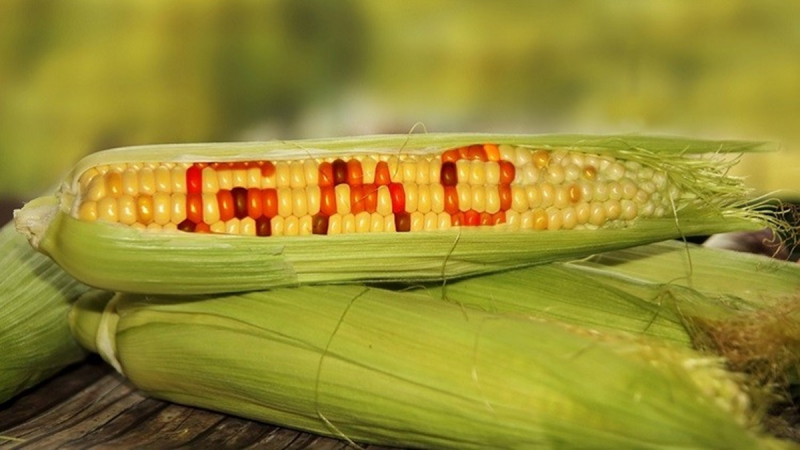The circulation of more than 29 tons of corn was restricted or ordered to be destroyed by food chain safety experts.
The announcement of the Ministry of Agriculture reminds us that back in February, the minister ordered strict quality and food chain safety checks for grains coming from Ukraine to Hungary. The investigation coordinated by the National Food Chain Safety Office (Nébih) covers the entire territory of Hungary.
The specialists conducted GMO, pesticide residue and toxin content tests on the samples taken from the items in the grain warehouses, as well as checked the storage conditions, the possible presence of warehouse pests and the traceability. The inspections covered not only unprocessed grain products, but also wheat flour of Ukrainian origin arriving in Hungary, as there were suspicions of quality complaints regarding them as well. For this range of products, the inspections covered the dry matter content of ash, moisture content, the bakery value group, pesticide content, and radiological tests, the ministry announced.
During the work that lasted for several weeks, the experts found corn contaminated with mycotoxins in three cases and also three samples showed positive results after the GMO test.
In addition to all this, soy contamination was detected in two cases. According to the ministry's information, during an on-site inspection in Békés county, more than 29 tons of corn of Ukrainian origin were found contaminated with chaffed corn seeds. Traffic restrictions and destruction were ordered for this lot.
The authorities observe all food chain safety rules with grain arriving on the Hungarian market and subject it to strict control. It was emphasized: Hungarian businesses using Ukrainian grain have a direct responsibility to use only grain that complies with EU and domestic regulations. The food chain safety authority is also examining this basic legal responsibility. The contaminated grain did not and cannot reach Hungarian consumers. The Ministry of Agriculture is committed to putting safe food on the tables of Hungarian families, the ministry's statement reads.
Source: MTI/Mandiner
Image: Makronom












